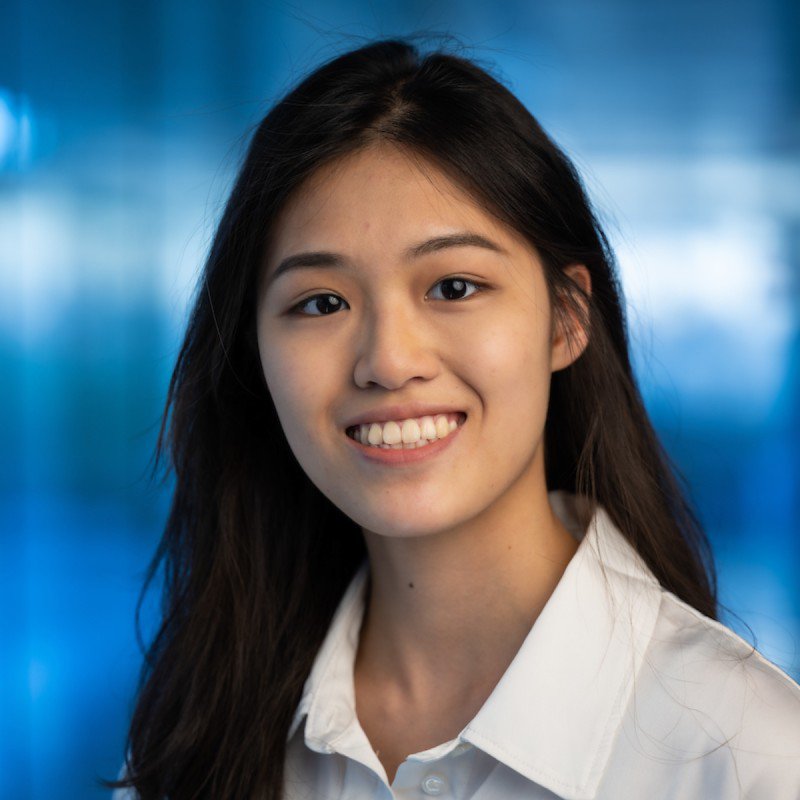
Michigan Aerospace Masters Student Awarded the Chia-Lun Lo Fellowship
Congratulations Yu Syuan Lin for receiving the Chia-Lun Lo/Rackham International Students Fellowship

Congratulations Yu Syuan Lin for receiving the Chia-Lun Lo/Rackham International Students Fellowship

Yu Syuan Lin, a graduate student pursuing a Master’s degree in Aerospace Engineering at the University of Michigan, has recently been honored with the Rackham International Student Fellowship/Chia-Lun Lo Fellowship award. This prestigious fellowship, generously funded by donors, is awarded through a combined competition and is designed to provide crucial support to outstanding international students who have completed at least one year of graduate studies.
The Chia-Lun Lo International Student Fellowship, a part of the Rackham Fellowship program, specifically assists exceptional students like Yu Syuan Lin, who have earned a degree from a university in Taiwan.
“It provides essential support for my studies, allowing me to remain dedicated to my research during the final semester at the University of Michigan. This assistance enables me to stay focused, maintain humility, and pursue excellence as an active learner within my colleague and student teams. I am eager to maximize this opportunity to enrich my Michigan experience and contribute meaningfully to my research goals,” Yu Syuan Li commented. “Additionally, with Taiwan’s space industry gaining momentum, I will utilize this opportunity to encourage gender minorities to pursue aerospace and space careers and keep advocating for STEM education and fostering a more inclusive environment for aspiring talents in these fields.”
After earning her undergraduate degree in Mechanical Engineering from National Yang Ming Chiao Tung University in Taiwan, Yu Syuan Li transferred to the University of Michigan to pursue a Masters in Aerospace Engineering. Shaped by hands-on experiences in satellite integration as well as solid and hybrid propulsion systems in rocketry, she is now transitioning into aircraft optimization. “I’m excited to leverage my diverse skill set to contribute to the sustainability of the aerospace industry,” she commented. “Serving as the only woman and team captain in the rocketry team (in 2022), this opportunity holds significant meaning for me and for promoting gender diversity in engineering.”
Yu Syuan Lin’s research interests include aerodynamics and propulsion, spacecraft integration, and multidisciplinary design optimization (MDO). Since joining Professor Joaquim R.R.A. Martin’s laboratory, she has been inspired to implement multidisciplinary optimization on regional aircraft, a practical focus in today’s context. Her aim is to enhance hybridization performance and reduce emissions, using tools like OpenMDAO and OpenConcept to show the weight reduction and minimize configuration changes.
Her current research emphasizes the use of generative design methods alongside MDO to bridge the gap between industry and academia on top of sustainable aviation.
Currently serving as the VOCs (Volatile Organic Compounds) Removal Element Subteam Lead on the BLiSS (Bioastronautics and Life Support System) student team, Yu Syuan Lin collaborates closely with chemical and material engineers. This year, their project involves designing a benchtop system for NASA to eliminate VOCs on the International Space Station (ISS). Their goal is to develop an integrated system that works seamlessly with the existing CO2 Deposition system currently on board the ISS.